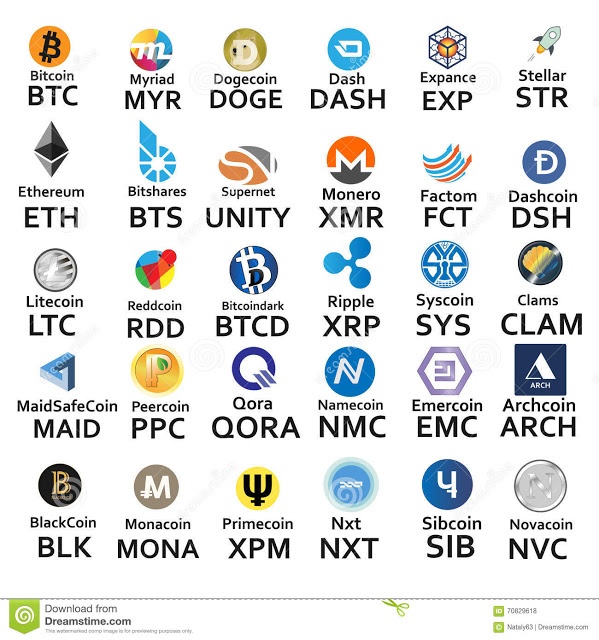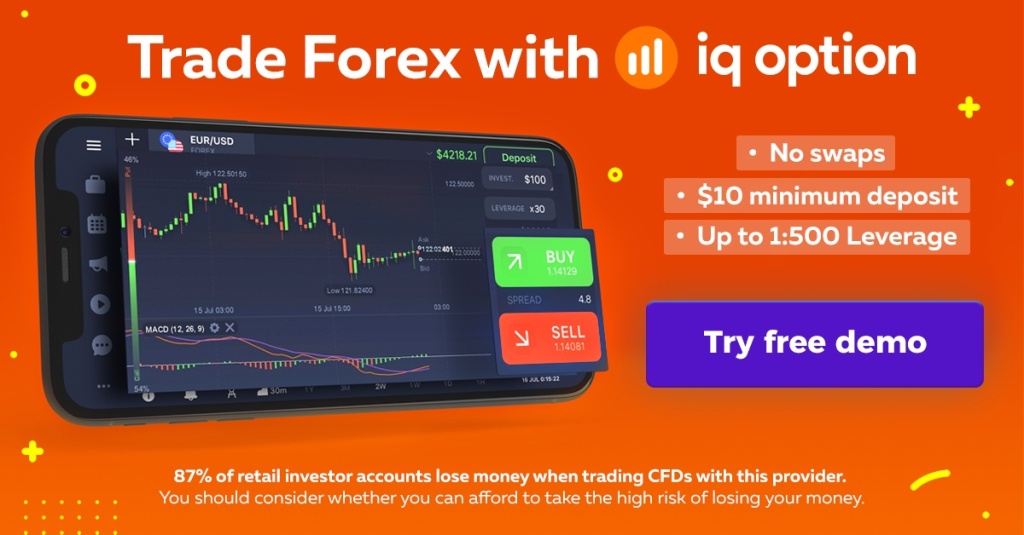I’m not quite sure if anyone has given some careful thought – in the heat of this ‘Crypto mania’. More specifically, have you ever considered the ramifications of the blockchain and its impact on the global economy?
This is an attempt to perform a calculated prophecy, based on the conversations we’ve had with like-minded visionaries.
An introspection into this ‘much-talked-about technology’ has led to endless possibilities.
Presently, every Tom, Anastasia, and Patel are pursuing short-term gains. You are all probably investigating ways in which they too can “cash in” by investing in new digital currencies.
This frenzy is mainly driven by how some of the altcoins are performing in value. Some digital coins are rising as much as 1000% in a ‘Crypto bull-run’. But the real appeal for digital “currencies” comes from the security, speed, and cost of transactions they facilitate.
A case for Cryptos
Most of you are understandably looking at it solely from an investment point of view – after all, greed never sleeps.
Also, let’s not forget the anonymity it affords one – great for criminals and money launderers. Because of the increased risk, monetary authorities and regulatory bodies will make a case for tighter controls.
They may even push for the outright banning of this new currency altogether.
Retail banks, are currently entrusted with the movement of your funds (electronic transfers) and are governed by economic monetary policy. This happens under the watchful eye of big brother – the Reserve Bank.
These commercial banks are the “primary targets” so to say of the blockchain. They were, therefore, the first to react by investing or attempting to start up their own blockchains.
Such projects, however, prove to be expensive and still risky ventures given that no-one knows the source and destination of the blockchain.
Banks are nevertheless having to either make quick decisions about whether they get on board or partner with developers of Cryptos such as Ripple).
We also look at other financial institutions such as credit lending facilities and money transfer institutions. They are also are naturally in partnerships with the banks. They, however, stand to get wiped out by the blockchain if you think about it.
Really, who would want to cough up a 10% commission or a transfer fee for money sent abroad to your family? You could simply use something like IOTA which, by the way, is as a Crypto hovering around 3-5 USD (at time of publishing) per unit.
It is capable of transacting very quickly and securely with no transaction fees!
And how so you may ask? Those details are listed clearly on their respective websites.
Peer review functionality
It is the belief that the plan for Cryptos’ was to enable anyone to have access to a shared (decentralized) peer-to-peer type service that enables the secure transacting of literally – anything!
You can look at the blockchain working in the same manner as BitTorrent or E-Mule (for those who remember that far back). In the way, that data, albeit mostly bootlegged music, videos, and software, was distributed and downloaded on the web.
“Blockchain is essentially a quick peer-to-peer transaction of digital currency”
The value of Cryptocurrencies is now driven by how well it works as a system. You must look more closely at the added value it can offer society from a functional, practical, convenient, and of course, cost-saving perspective.
A real threat?
So, what does that then mean for companies like Visa, Mastercard, or even a digital banking app like PayPal?
You can also imagine the implications for investment banks and their traders. That is if markets such as the very volatile foreign exchange (Forex) are completely abandoned and substituted by Cryptos.

More practical uses of Crypto
The purpose of ‘Cryptos’ running on the blockchain is, therefore, to change the way we transact and pay for goods and services.
The aim was to make it a ‘form of exchange’ but also to provide the resources for you to “mine” and own them. This can be an alternative income generator alleviating the need for job creation. It can also be a substitute vocation for those you who were perhaps made redundant by automation and AI.
So, once you mine the currency (provided you have the infrastructure and pay the overheads), you can use it to get the things you need or must pay for.
Your electricity bill, for example, can then be processed and paid for directly from an IOTA-holding wallet.
Speaking of electricity, we came across a very insightful article (referenced in the resource section) focusing on the impact of energy consumption that global rampant mining will cause the price of electricity and the environment.
Coupled with the switch to electric cars this could surely force you to invest in better ways to generate electricity. That is if we are to maintain sensible levels of sustainability.
Whether the price of electricity goes up or down will be determined by how quickly energy providers globally will be able to meet this surging demand.
We can surely be in a position to observe the upcoming impact on electricity consumption from next year.
More and more of the global population are beginning to mine altcoins for themselves.
As we head into the festive season and bonuses are being paid out, be responsible for how you splash out. Do your research first – even if it means waiting a year to see how it all plays out.




